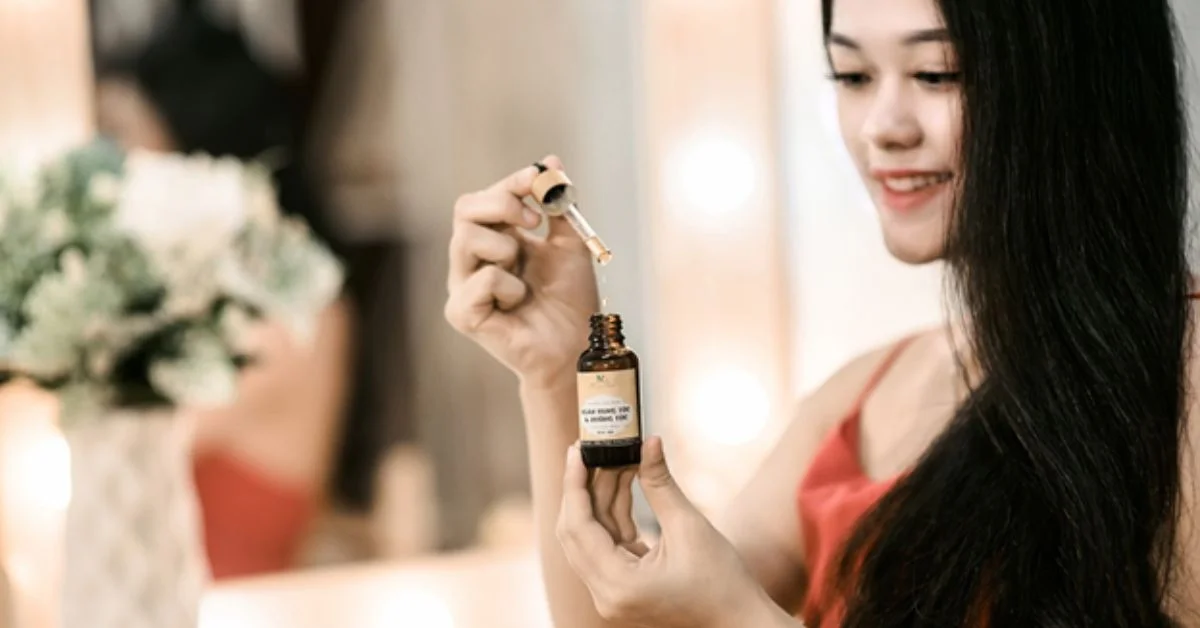Technology and online trends are the main drivers of change in today’s highly digital world. Every technological innovation that has a resounding impact on social media and other online forums will inevitably impact our lifestyle in one way or another.
This year, lifestyle industries felt the ripple effects more than ever before. Therefore, we expect next year to be even more forward with innovations that impact our lifestyle, especially in the fashion and beauty industries.
If you’re curious about how things will change in the following year, we put together a list of upcoming innovations to keep an eye on in fashion and beauty. These trends are also great for professionals in these industries since their career trajectories may also be affected.
Eco-Friendly Fabrics: A New Era for Sustainable Fashion
Recent technological innovations and consumers’ growing awareness of the fashion industry’s carbon footprint have led many designers and houses to switch to sustainable fashion this year.
The trend will continue in the upcoming year, largely due to advancements in eco-friendly fabrics.
Here are a few examples of fabrics that may soon be a part of your wardrobe (if they aren’t already):
- Mushroom leather – Derived from mycelium, it offers a biodegradable alternative to traditional animal leathers. Major brands have already started incorporating it into their products.
- Tencel™ – A fabric made from sustainably sourced wood pulp, Tencel has gained popularity due to its soft texture and minimal environmental impact. It is widely used for clothing items that require comfort without compromising on sustainability.
- Recycled polyester – This fabric is often made from discarded plastic bottles or old garments repurposed into new textile fibers.
- Algae-based materials – Provide an innovative option for creating dyes and other textile components with reduced carbon footprints.
These sustainable materials help reduce waste and significantly lower the ecological impacts of garment production processes. This way, you can focus more on finding your unique style and less on researching brands’ practices and materials.
Smart Beauty Devices that Revolutionize Daily Routines
As AI-powered algorithms infiltrate the beauty and fashion industries, we get smart devices such as mobile apps that can assess your skin type and conditions or smart mirrors with connectivity features.
Here are a few more smart devices that may become more popular in the upcoming year:
- LED Light Therapy Masks – Using different light wavelengths, these masks target specific skin concerns such as acne or aging signs, offering salon-quality treatments at home.
- Hair Dryers with Ionic Technology – Advanced models minimize frizz by using negative ions to lock in moisture, improving styling results while protecting hair health.
- Facial Cleansing Brushes – Featuring sonic technology for deep pore cleaning, they enhance cleansing efficiency compared to manual methods.
- Microcurrent Devices – Non-invasive tools stimulate facial muscles through low-level electrical currents to lift and tone the skin over time.
Now, you might think that the advent of smart beauty devices will endanger the future of cosmetologist jobs. But this can’t be further from the truth. Many innovative therapies aren’t designed for at-home use and require specialized training, which is why many professionals willing to learn and improve will be highly sought after.
Also, many of these devices aren’t affordable for everyone, so professionals who integrate them into their services in an effort to improve the customer experience will be more popular.
Overall, with more people focused on their looks and overall appearance, the need for professional care and assistance will increase.
After all, even if we now have software tools designed to help take high-quality headshots, you still need to look put together and presentable.
The Rise of Personalized Beauty Products
Skincare and haircare products have advanced significantly in the last couple of years. Recent discoveries and innovative processes helped scientists create more personalized products that target specific problems.
For instance, we now have skincare products that target the skin’s natural bacteria balance to help enhance barrier function and overall health. For this, brands focus on prebiotics, probiotics, and postbiotics as essential ingredients.
In the hair care sector, we see advances in formulations designed to help repair damaged hair bonds at a molecular level, enhancing strength and resilience.
Also, more products focus on improving the scalp microbiome with probiotics and other beneficial ingredients to support overall hair health.
More and more brands use innovative technologies to create customized products that match individual skin types, tones, and preferences.
By analyzing factors like genetic makeup or lifestyle habits, companies offer solutions that promise more effective results than generic counterparts.
Wrap Up
The fashion and beauty industries are fast to embrace technological advancements, so professionals must adjust to changes to stay relevant. Whether we’re talking about eco-friendly fabrics, personalized beauty products, or smart devices, they are all here to redefine consumer experiences.
Industry players focus on sustainable practices while integrating new technologies like IoT and AI for customized offerings.
As technology evolves, both sectors anticipate a future where innovation meets environmental responsibility, transforming how we perceive style and self-care.
If you find this article helpful, click here for more.









